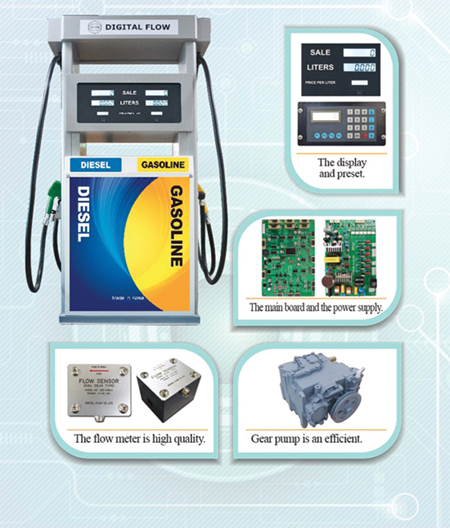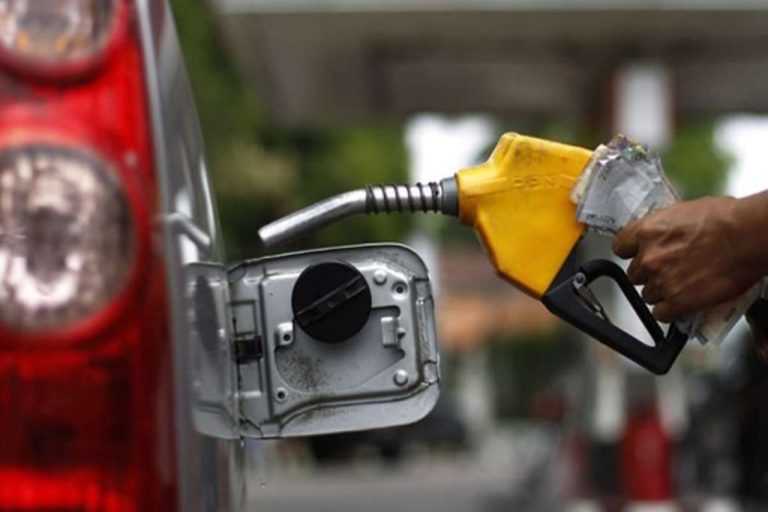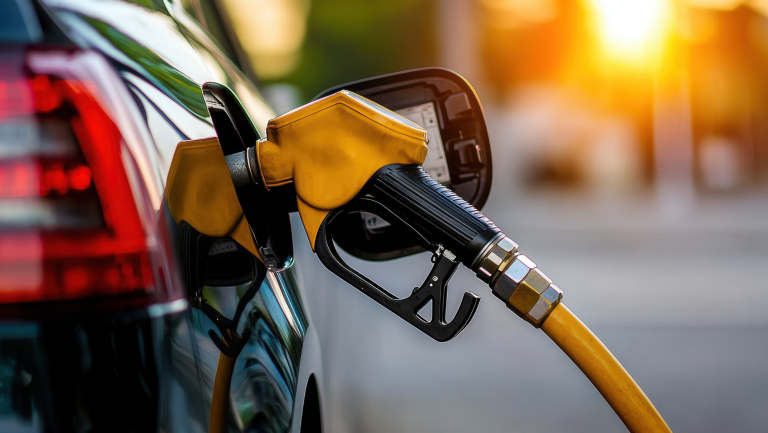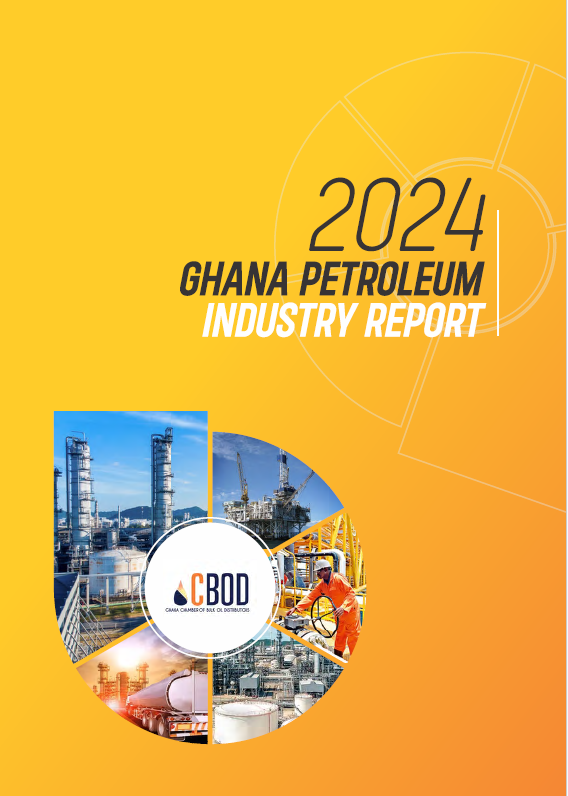It has emerged that about 30 per cent of fuel stations in the country are using digitally controlled dispensers that are easy to adjust to alter the quantity of fuel dispensed to buyers.
This makes it easier for fuel attendants and their superiors to cheat unsuspecting consumers without tampering with the well-publicised security seals installed on the nozzles of fuel pumps, a highly placed source at the Ghana Standards Authority (GSA) has confirmed to the GRAPHIC BUSINESS.
Unfortunately, however, although the Ghana Standards Authority (GSA) and the National Petroleum Authority (NPA) are aware of the phenomenon, they seem clueless for now as to the way forward, while some consumers continue to lose money.
The source explained that the fuel-dispensing pumps with digital adjustment settings ran on both manual and digital-operating systems and were imported into the country from Asia.
The arrangement is the latest strategy by some unscrupulous oil marketing companies (OMCs) to dispense less fuel for the same amount without incurring the wrath of the GSA regulation, the source said.
“For these pumps, even after the security seals from GSA are installed after the verification exercise, they can use a remote control to adjust the flow without touching or tampering with our seals, with the intention of reducing the volume discharged and thereby cheating the customer,” the source said.
Violating the law
The source noted that the use of remote-controlled adjustments to alter the flow meters installed in pumps was against regulations which demanded fuel stations to seek authorisation from the GSA before any adjustments were made to their flow metres.
“Of the quantity delivered by a dispensing pump, the station has to seek authorisation to break the security seal first, and after the adjustments, the authority goes to re-verify and install a new seal,” the source explained.
National inspection
In June this year, the GSA began the inspection of fuel-measuring and dispensing instruments in parts of the country after the first phase of its routine national fuel-measuring devices verification exercise.
Inspectors from the Metrology Directorate carried out unannounced inspections of fuel pumps in randomly selected fuel stations in the Greater Accra, Ashanti, Central and Eastern regions.
The exercise was mainly to verify the accuracy of fuel-dispensing pumps used by fuel dealers.
The monitoring officers were to inspect and record if the fuel stations had the 10 L visugauges, to inspect and ensure that GSA plastic seals on dispensing pumps had not been tampered with, to lock the nozzles of dispensing pumps that were under-delivering and to issue notices of failure if the pumps failed the test for a penalty.
Some of the stations visited were found to be under-delivering the right quantities to their customers while others had broken the GSA seal without permission.
We are handicapped
Unfortunately, the GRAPHIC BUSINESS has gathered that the GSA presently does not have the capacity to effectively monitor the new digital pumps.
The process of locking the nozzles of the dispensing pumps with padlocks has become ineffective because the operators of the pumps can easily adjust it electronically without breaking the GSA lock.
The Director-General of the GSA, Prof. Alex Dodoo, told the paper in an interview on August 9 that there was a real and present danger with the retail of fuel as the GSA could not effectively verify the quantity of fuel served from these digital pumps.
“Over time, there have been changes in technologies but previously, every single machine was manual but now there are electronic machines and the GSA is not abreast of all the new digital development, so there is a real and present danger of some fuel stations, despite our own intentions of locking the seals, bypassing it because their systems are not controlled by padlocks,” Prof. Dodoo said.
As a result, he said the GSA, in collaboration with the National Petroleum Authority (NPA), would ensure continuous and regular monitoring of the pumps while new digital solutions were sought to control the situation.
Penalty
Prof. Dodoo, however, told the paper that the penalty to be paid by defaulting stations was not enough to deter cheating fuel stations to amend their ways, but hoped that Parliament would ensure that a stricter punitive measure was adopted to curb the situation.
“The paltry fine of GH¢5,000 per station is not even a deterrent, but we are standing by for Parliament to change that to hefty administrative penalties,” he said.
“With fuel stations, we go there twice a year but we need to do that more often.
“The NPA board chairman is offering that the NPA will fund regular monthly or so monitoring,” he said.
He explained that the GSA would commit more staff to consumer protection and adopt more modern tools for monitoring.
“We will use digital strategies to identify and sanction defaulting stations, their parent OMCs and the operatives,” he said.
In a reaction to the development, the Chief Executive officer (CEO) of the National Petroleum Authority (NPA), Mr Hassan Tampuli, told the GRAPHIC BUSINESS in an interview that although the NPA was aware of the situation, the responsibility to curb cheating at the pumps was the sole mandate of the GSA.
He said there were several regulatory institutions in the petroleum sector with different mandates, but “when it comes to measures relating to calibration of pumps, it’s the mandate of the GSA because they give permits and put a seal to certify that GSA has checked the pumps and they are dispensing the right volumes”.
Consumer check
Mr Tampuli said beyond NPA’s collaboration with the GSA to ensure that OMCs where dispensing the right volumes, consumers must also be vigilant to ensure that fuel stations were operating with the standard 10-litre tank, which gave little room for adjustments.
“There has been a back and forth with the GSA through letters on the issue of cheating at the pumps and while we collaborate to check these things periodically, we also encourage consumers to be vigilant by ensuring that the stations have the 10-litre tanks,” he said.
Source: Graphic Business





